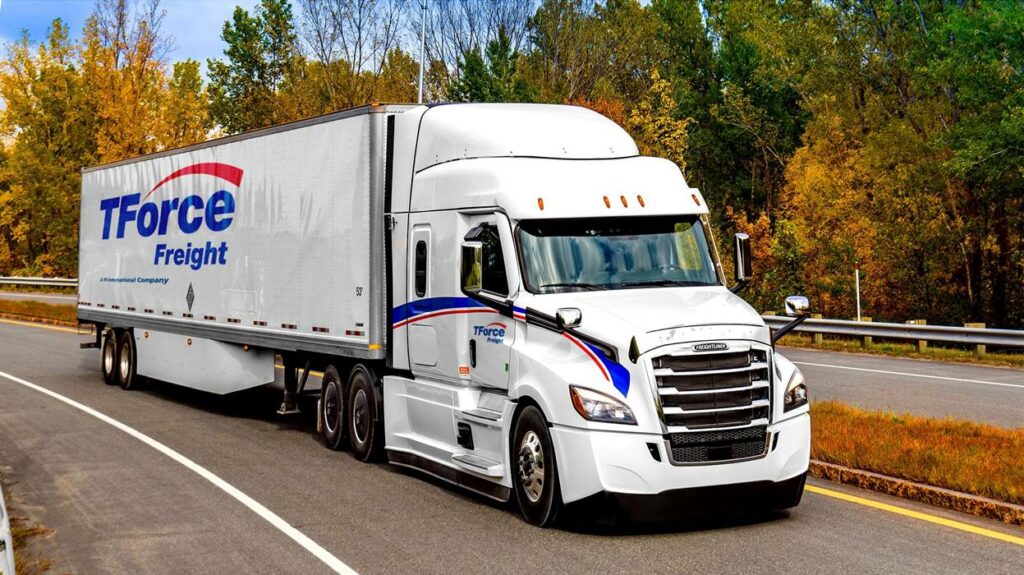TFI International highlights environmental, social, governance commitments
Canada’s largest trucking fleet, TFI International, has unveiled insights into several business practices through an inaugural report on environmental stewardship, social issues, and corporate governance.
“Over the years, we have fostered a deeply embedded culture of ethical behavior, inclusion, charitable giving, community involvement, environmental stewardship and strong corporate governance,” said chairman, president and CEO Alain Bedard, in a related press release.

The first of the Environmental, Social and Governance reports focuses on 2020, which saw traditional activities upended by Covid-19.
When the pandemic first emerged, the fleet lowered executive salaries, shifted to four-day work weeks, and introduced a salary recovery program when temporarily furloughed employees were called back to work, the report says. More than 70% of employees shifted to work from home.
But the document also looks at broader commitments to issues like environmental impacts, safety, diversity and inclusion, and cybersecurity.
Each operating company, for example, completes an environmental audit every two years to ensure it adheres to environmental practices and meet or exceed regulatory requirements. TFI International says it also eliminates more than 1 million wasted kilometers per year by optimizing routes through TForce Logistics. And about 20 of its operating companies are SmartWay partners.
The environmental commitments are about more than trucks alone. Of the fleet’s 366 properties, 58 have been upgraded to LED lighting, 19 are using centralized heating and automated controls, and 24 on-site fuel tanks have been removed.
In terms of gender diversity, 20% of its employees and 17% of senior managers are now women. The share grows to 36% within logistics operations.
Women are generally underrepresented in Canada’s trucking industry, where just over 3% of truck drivers are female.
Highlighted safety commitments include the use of technologies such as collision avoidance systems, lane departure warnings, and side object detection.
The report also identifies TFI International approaches to combatting cyber security.
Its Canpar Express business unit was the target of a ransomware attack in 2020.
TFI International has 366 facilities, 235 of which are in Canada. It counts about 8,200 drivers and 9,900 owner-operators within more than 80 operating companies.
Have your say
This is a moderated forum. Comments will no longer be published unless they are accompanied by a first and last name and a verifiable email address. (Today's Trucking will not publish or share the email address.) Profane language and content deemed to be libelous, racist, or threatening in nature will not be published under any circumstances.